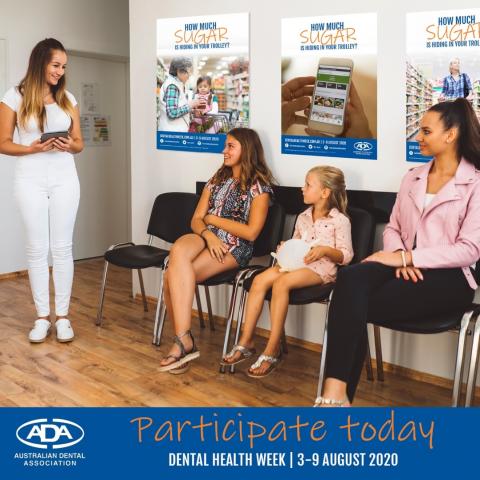Op-ed: Dental students advocate for primary health coverage to include oral health
Ave Põld
President of the International Association of Dental Students
In October 2018, the world came together for the Global Conference on Primary Health Care in Astana, Kazakhstan, to renew a 40-year commitment to primary health care (PHC). Attending the conference as a young dentist and youth delegate, I was disappointed that oral health was never mentioned in these high-level discussions. It made me think: How can universal health coverage (UHC) ever be achieved if human health is still not recognized as a whole?
What is primary health care?
The World Health Organization (WHO) defines the three main areas of PHC:
- empowered people and communities;
- multisectoral policy and action; and
- primary care and essential public health functions as the core of integrated health services.
Oral health excluded from most primary health care facilities
In most countries, PHC facilities consist of community health workers, family doctors, and nurses. Unfortunately, in most countries, oral care is not nationally targeted to be a part of the basic healthcare that all people should receive. There are a few exceptions, however: dentists are a key element of many PHC facilities in Brazil, Sri Lanka, and, most recently, in Portugal.
What can dental students do to include oral care as an essential element of primary health care?
The International Association of Dental Students (IADS) is the principal representative of dental students worldwide. As a group, we have a responsibility to advocate for oral care to be acknowledged as an essential factor within the PHC and UHC agenda. Oral health was not mentioned in the Astana Declaration on PHC in 1978, and it has not been included in the amended Declaration in 2018.
PHC aims to reduce inequalities in access to health care services, but it will continue to fail unless one of the biggest barriers – access to essential oral care – is tackled. Today, more than half of the world’s population (3.5 billion people) suffer from untreated oral diseases; young leaders of dentistry must put the oral health agenda forward so that UHC through PHC includes oral health.
Capacity building among dental students, educational reforms with a more community-based educational system during our undergraduate studies, and trainings on health advocacy are essential to have dentists and other oral health professionals speaking and debating on issues like PHC.
Our goal as a united group of dental students
The Astana Declaration is amended every 10 years. I would like to stay optimistic and motivated to work over the next 10 years to have basic oral care included in the amendments for the 50th anniversary of this document. It will be a long process that includes not only changing the mentality within the oral care profession, but also the educational systems and training of dentistry.
IADS will continue to build capacity and enhance knowledge of dental students on global health matters. This is essential to have a generation of oral health advocates for the future.



